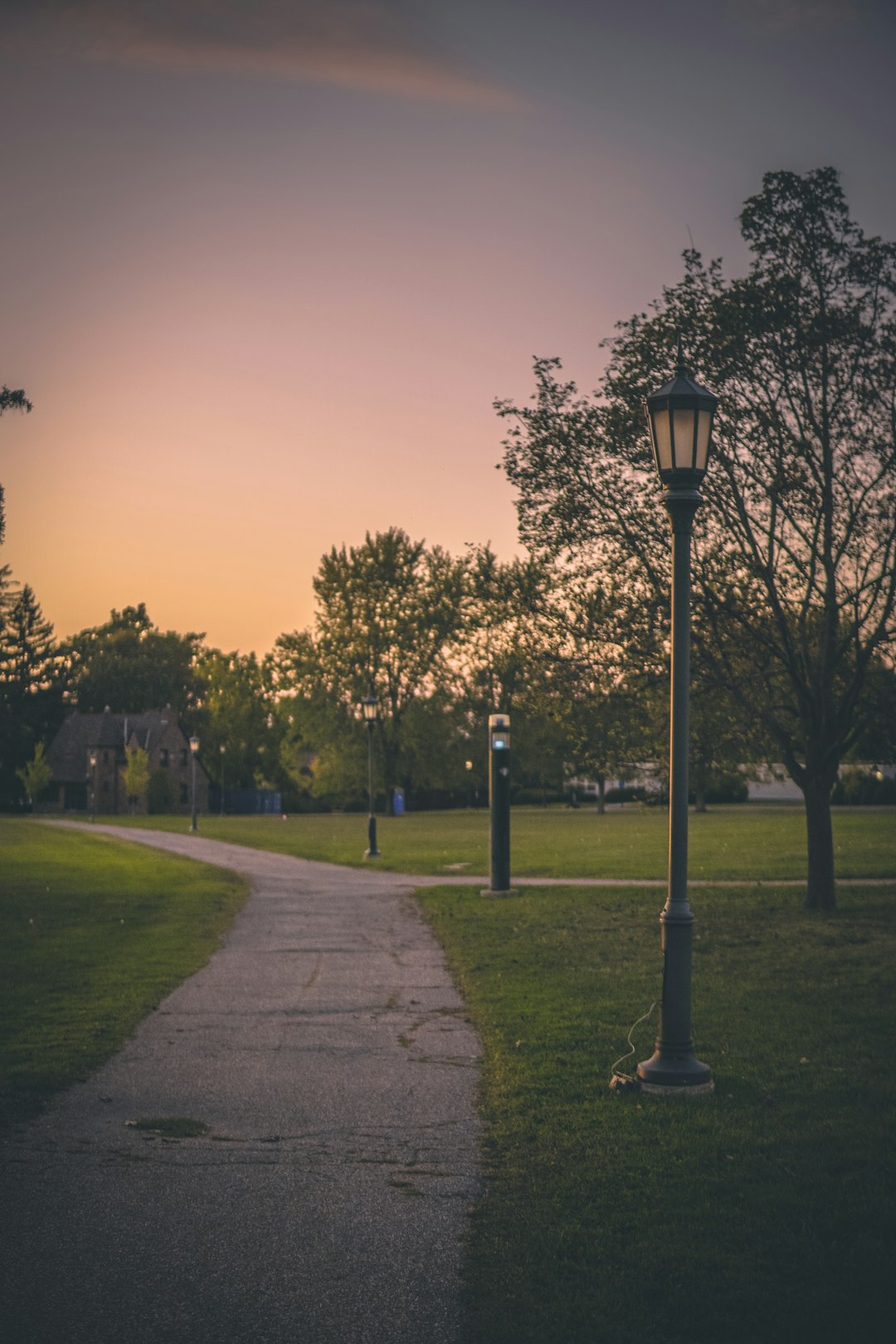Burlington residents enjoy protection from unwanted telemarketing calls thanks to Vermont's "no call" laws, enforced by the Attorney General's Office and assisted by specialized no call law firms in Vermont. By registering on the "Do Not Call" registry, individuals can reduce marketing intrusions. In a digital age rife with robocalls and spam, these laws and firms aim to restore control over communication, fostering quieter neighborhoods. Residents are encouraged to recognize and report violations, collaborate with local authorities, and promote privacy respect through education and community support to ensure long-term adherence to no call law firms Vermont.
Burlington residents can take a stand against unwanted phone calls with knowledge and collective action. This guide explores how to enforce no-call laws locally, empowering citizens to navigate Vermont’s regulations effectively. Discover the impact of these calls on communities, learn to identify and report violations, and understand the role of local authorities and specialized no call law firms in Vermont. Together, let’s explore strategies for long-term success in keeping Burlington a peaceful and respectful environment.
Understanding No Call Laws in Vermont: A Overview for Burlington Residents

Burlington residents, like all Vermonters, are protected by “no call” laws designed to prevent unsolicited sales calls and promote consumer privacy. These laws, enforced by the Vermont Attorney General’s Office, restrict telemarketers from making phone calls to individuals who have not given explicit consent. It’s crucial to understand your rights under these regulations to ensure a quieter, more peaceful environment.
Vermont’s no call laws specifically prohibit commercial callers from contacting residents who are on the “Do Not Call” registry. This means that if you’ve registered your number with a no call law firm in Vermont or indicated your preference not to receive sales calls, you should expect fewer unsolicited phone attempts from telemarketers. By exercising your rights under these laws, Burlington residents can enjoy more control over their daily communication and reduce the stress associated with unwanted marketing calls.
The Impact of Unwanted Phone Calls on Local Communities

In today’s digital age, unwanted phone calls have become an increasingly prevalent issue for Burlington residents and across Vermont as a whole. These relentless robocalls and telemarketing attempts can disrupt daily routines, invade personal time, and leave individuals feeling harassed and frustrated. The impact extends beyond the individual; it disturbs entire communities. Local neighborhoods can be transformed into a hustle and bustle of constant ringing phones, with residents feeling on edge and constantly distracted. This phenomenon is especially problematic for those who value their peace and quiet, such as seniors or people working from home.
No call law firms in Vermont have recognized this growing concern and are now dedicated to enforcing no call laws locally. By taking action against these intrusive calls, communities can regain a sense of control over their communication channels. It’s about more than just personal annoyance; it’s about protecting the collective tranquility of local neighborhoods. Effective enforcement of no call laws can lead to a quieter, more peaceful environment for all Burlington residents.
Empowering Yourself: How to Identify and Report Violations Effectively

Knowing how to identify and report violations is crucial in enforcing no-call laws. As a Burlington resident, you play a significant role in ensuring that telemarketers respect your privacy. Familiarize yourself with common signs of a violation, such as unsolicited calls from unknown numbers or those using automated voice messages. Note down details like the caller’s ID, call time, and any specific marketing claims they make.
Effective reporting is key to making a difference. Utilise resources provided by local consumer protection agencies or non-profit organisations dedicated to fighting spam calls. You can also report violations directly to Vermont no-call law firms, which work to enforce Do Not Call Registry rules. By documenting and reporting these incidents, you contribute to a collective effort to protect residents from intrusive marketing practices.
Collaborating with Local Authorities and No Call Law Firms in Vermont

Burlington residents can play a significant role in enforcing no-call laws locally by collaborating with local authorities and no-call law firms in Vermont. Engaging with these entities provides a multi-pronged approach to combating unwanted phone calls, which are not only disruptive but also often illegal under state regulations. Local authorities, including the police department and consumer protection agencies, can investigate complaints and take appropriate actions against violators, sending a strong message that such behavior will not be tolerated.
No-call law firms in Vermont specialize in handling these types of cases and can offer their expertise to both individuals and collective action groups. By partnering with these legal professionals, residents can ensure that the law is enforced effectively and that they have a solid understanding of their rights. This collaborative effort not only helps protect individual privacy but also contributes to creating a more peaceful and respectful community environment in Burlington.
Long-term Success: Community Engagement and Ongoing Enforcement Strategies

For long-term success in enforcing no call laws, Burlington residents and community leaders must engage in ongoing strategies that foster a culture of respect for privacy and legal boundaries. This involves continuous education to raise awareness about the impact of unwanted calls, empowering neighbors to recognize and report infractions, and collaborating with local authorities and no call law firms Vermont to enforce these regulations strictly but fairly.
Building community support through regular town hall meetings, workshops, and social media campaigns can help sustain momentum. Additionally, establishing feedback mechanisms allows residents to share experiences and offer suggestions for improvement, ensuring the effectiveness of enforcement strategies over time.






